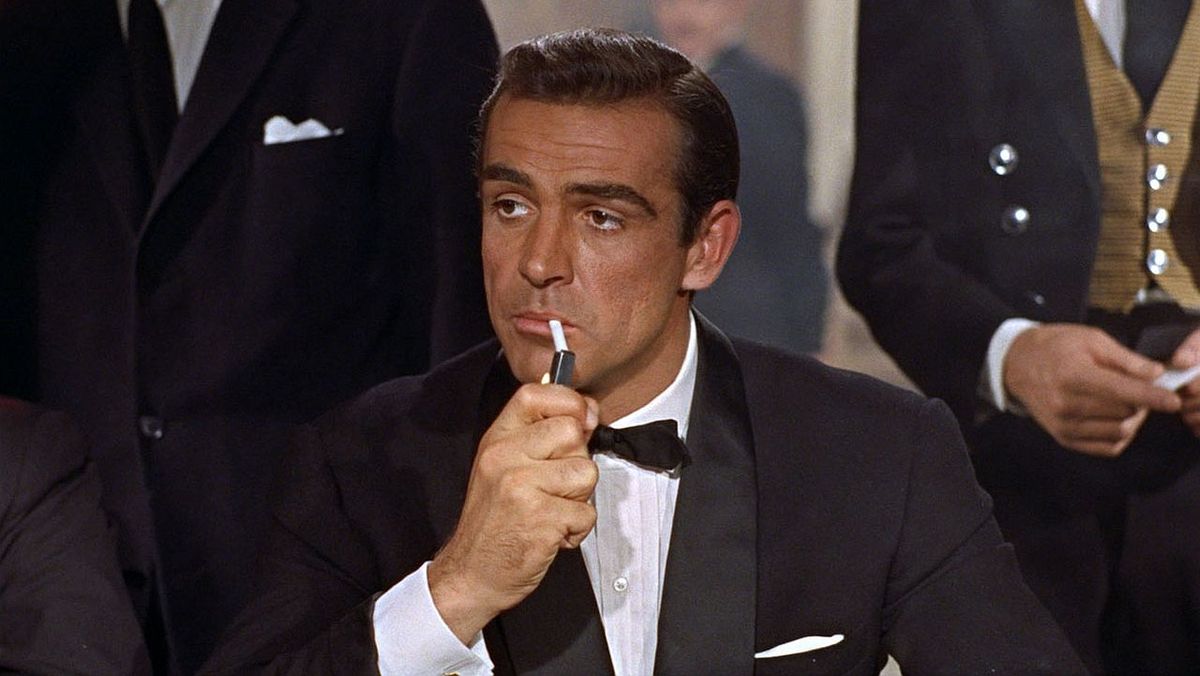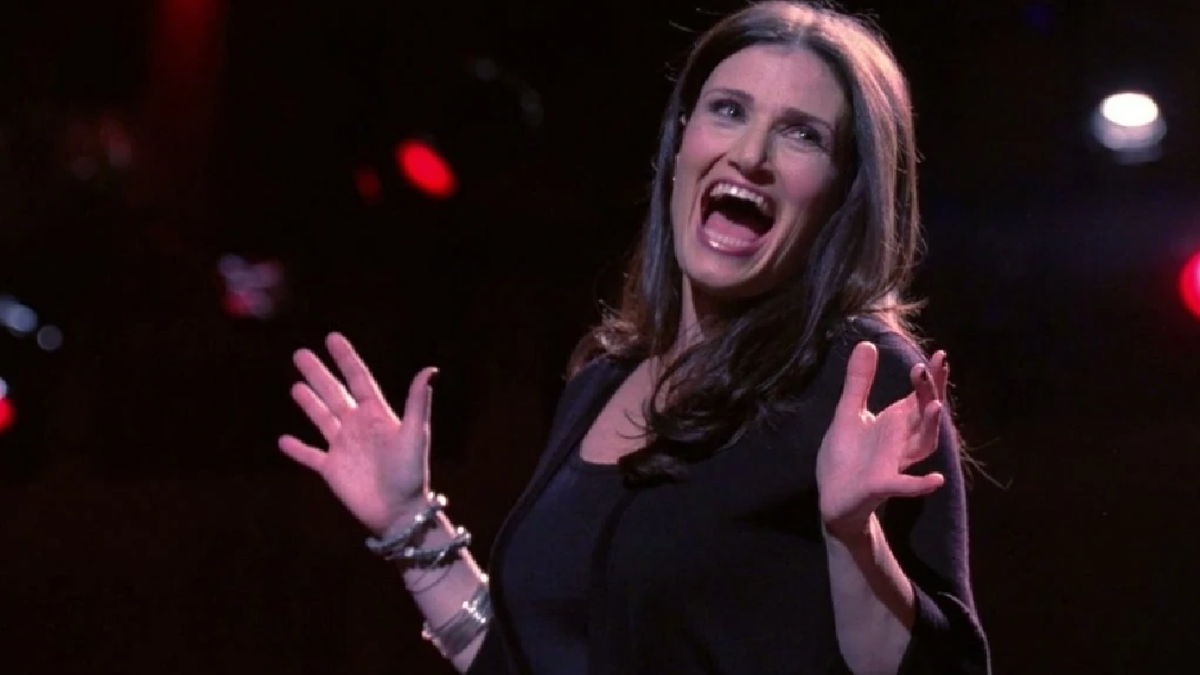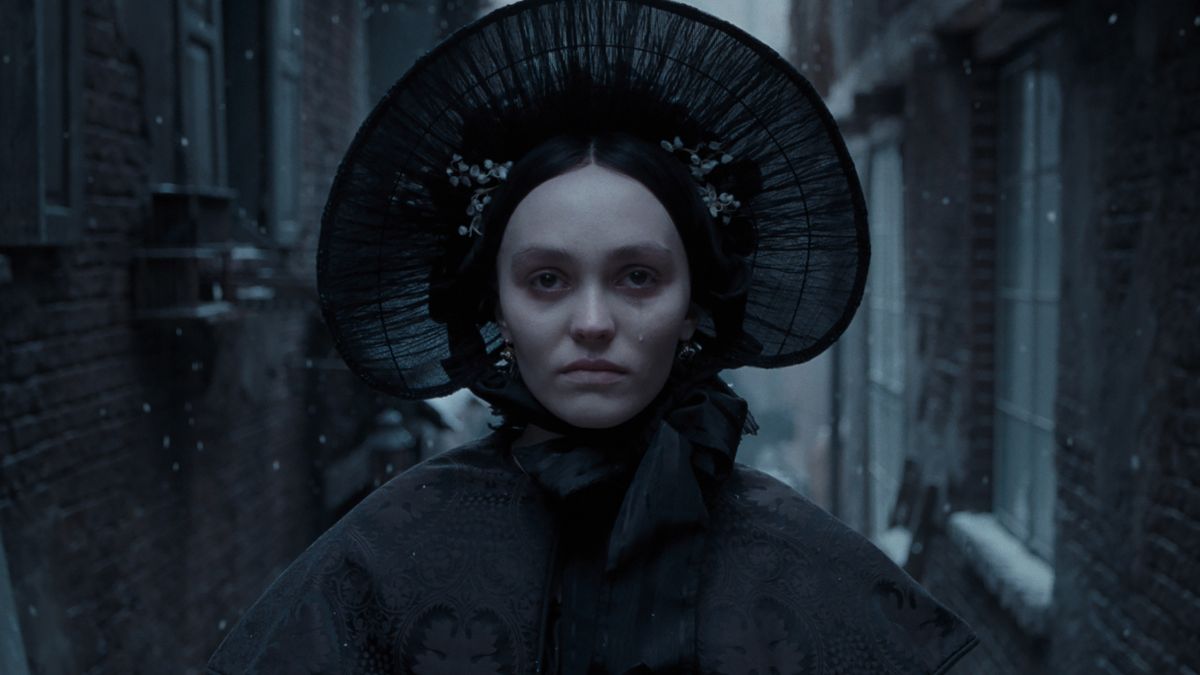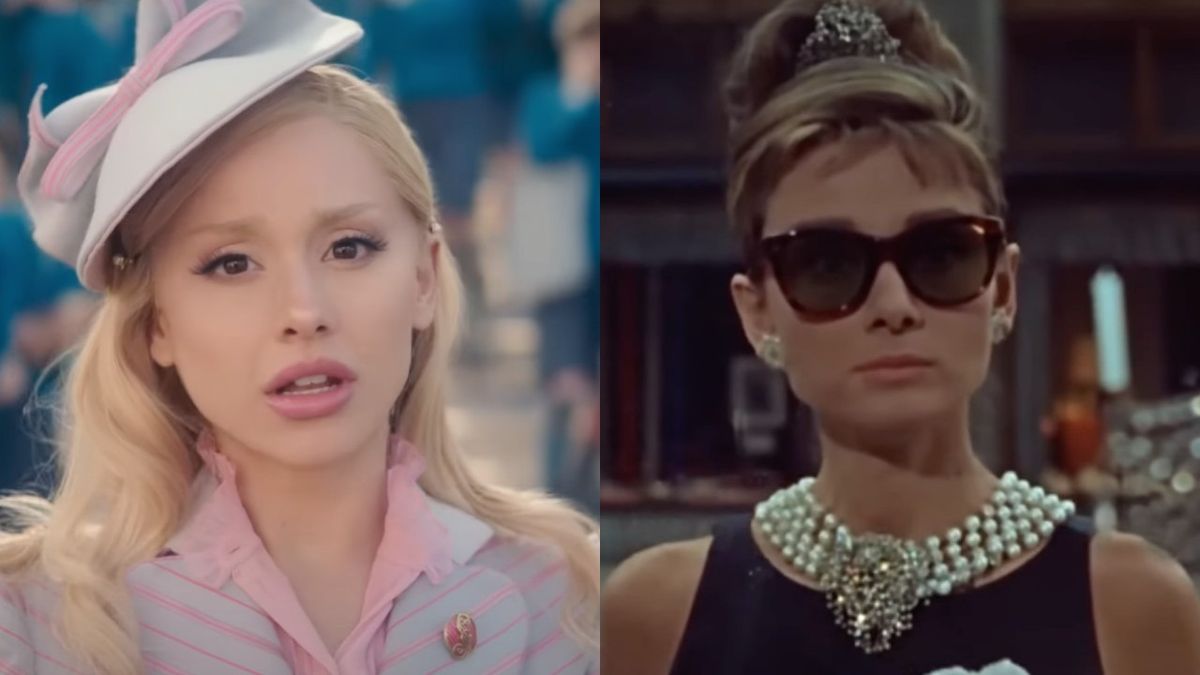‘Isn’t A Female Bond Like Mary Poppins Being Played Like A Man?’ Former Bond Girl Does Not Hold Back When Asked About A Lady 007
The James Bond franchise has long been a lightning rod for discussions about tradition, reinvention and gender representation. With Daniel Craig’s departure from the role of 007, speculation over who might don the iconic tuxedo in the upcoming James Bond 26 has run rampant. While some fans have been vocal about their desire to have Aaron Taylor-Johnson step into the suit, there’s an ongoing debate regarding whether a woman could or should take over the mantle. Now, former Bond girl Gemma Arterton has entered the chat.
In a recent interview with The Times, Arterton, who appeared in Craig’s second outing as 007, Quantum of Solace, weighed in on the possibility of a female James Bond. Needless to say, her take was as bold as the character she once played. Known for her refreshingly candid remarks, the Hansel & Gretel actress didn’t hesitate to question whether the franchise’s traditions should bend to accommodate modern ideals. She explained:
Isn’t a female James Bond like Mary Poppins being played by a man? They talk about it, but I think people would find it too outrageous. Sometimes you just have to respect the tradition. I don’t regret doing a Bond film, but I am perplexed why it has followed me around. I was only in the film for five minutes.
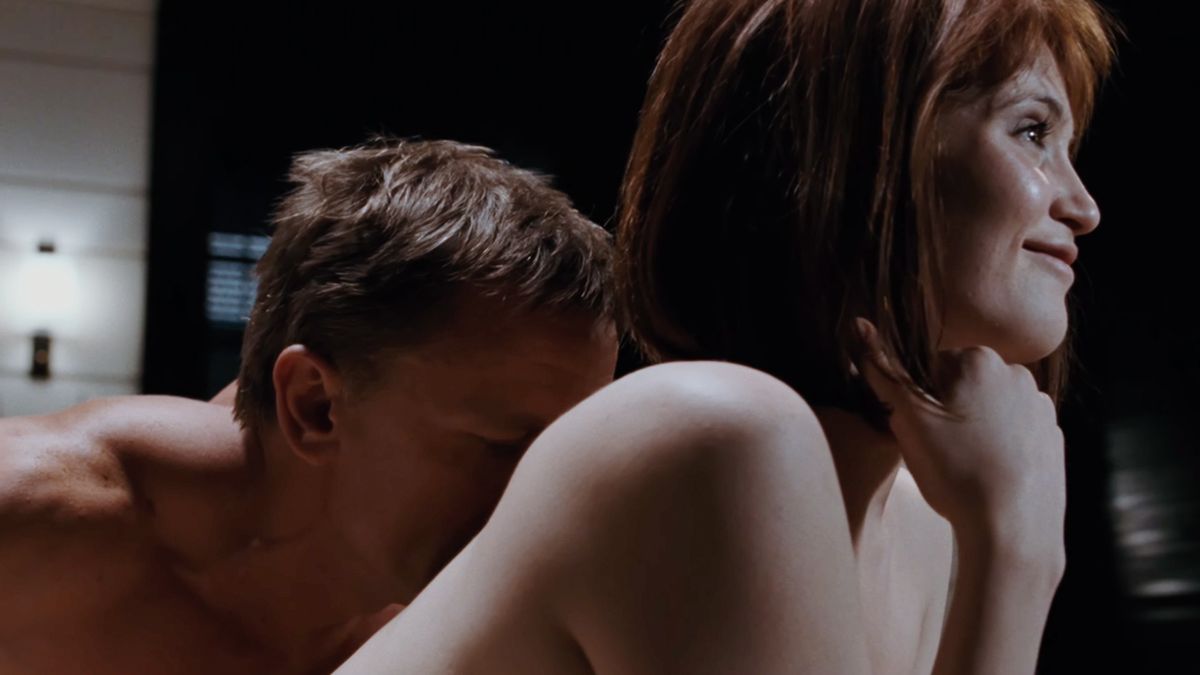
Gemma Arterton’s take on a female James Bond strikes a chord with what seems to be a widely held sentiment: it’s just too much of a leap for many fans to handle. One could argue that the backlash would likely be as dramatic as any Bond car chase, given how deeply the character is rooted in tradition. From Ian Fleming’s original vision back in 1953 to Sean Connery’s suave debut in 1962’s Dr. No, James Bond has always been written and portrayed as a specific kind of man.
The King’s Man alum’s comments could spark further debate in the ongoing discussion about what James Bond should look like in the 21st century. While some fans and critics advocate for a female 007 as a progressive move, others believe that changing Bond’s gender fundamentally alters the character’s essence. Gemma Arterton’s perspective on the debate over a female Bond indicates that she is aware of the shifting conversation around gender norms. However, her call to “respect tradition” aligns with those who are hesitant to see iconic characters reimagined too drastically.
The idea of a female James Bond has been floated by fans and even some industry insiders for years, with names like Lashana Lynch (who played an MI6 agent in No Time to Die) sparking conversation about a potential gender swap. But the franchise’s producers, Barbara Broccoli and Michael G. Wilson have repeatedly maintained that Bond is, and always will be, male. As reported by the Independent in 2021, Broccoli remarked:
I hope that there will be many, many films made with women, for women, by women, about women… I don’t think we have to take a male character and have a woman portray him. So yes, I see him as male. And I’m sort of in denial, I would love for Daniel to continue forever.
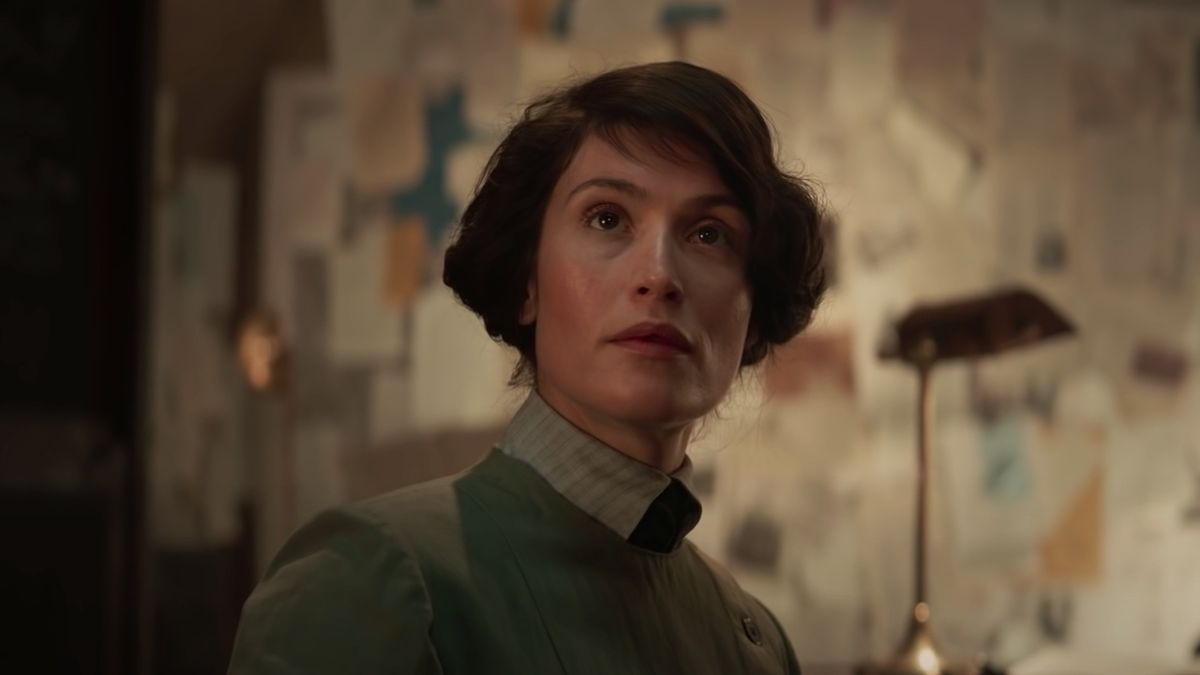
Tradition will probably reign for the time being as the powers that be continue their search for the next Bond contender. And, as the search continues, fans can stream most of the Bond franchise, including Quantum of Solace, with an Amazon Prime Video subscription.
Gemma Arterton’s latest project, the animated Buffalo Kids recently hit the 2024 movie schedule and is expected to be available to stream soon with a Max subscription.

